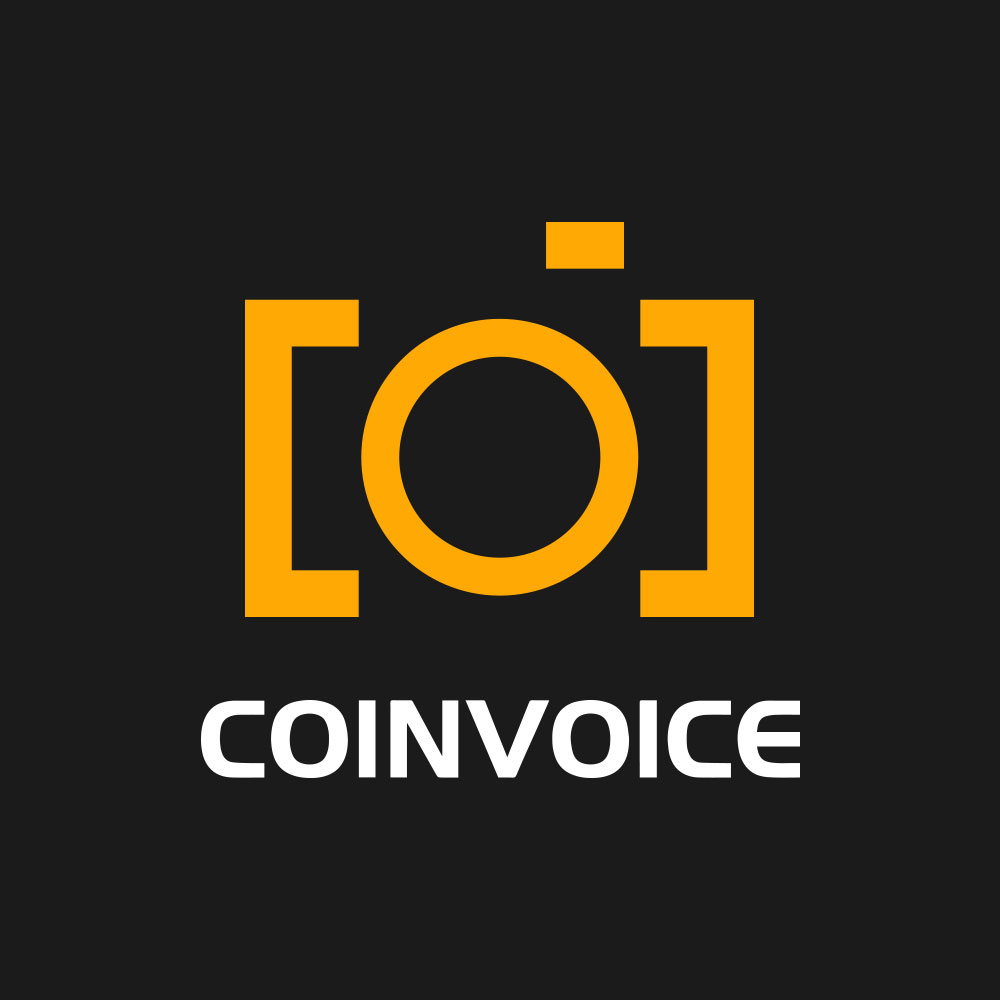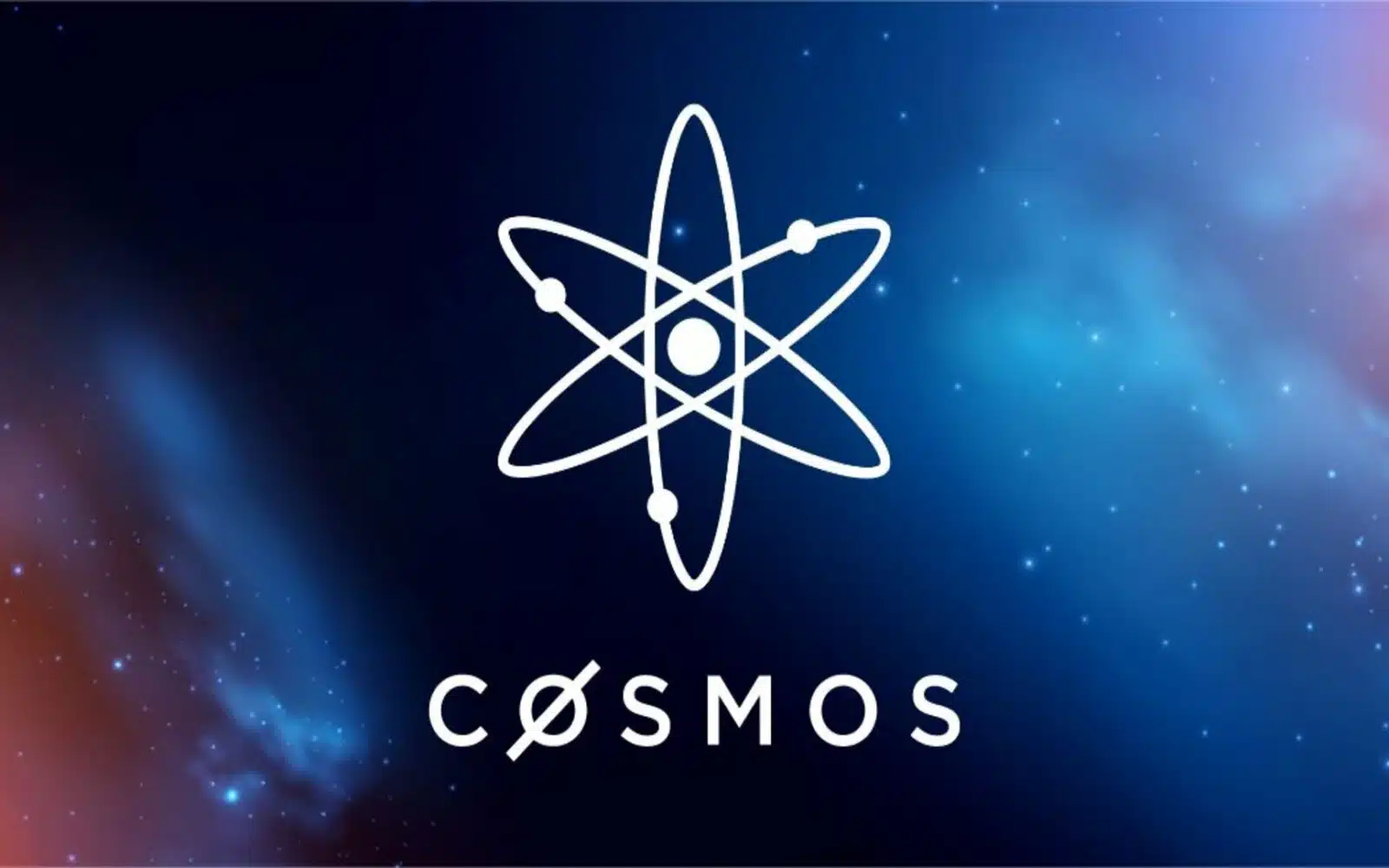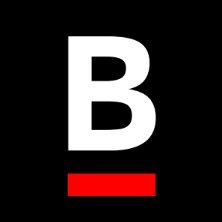Author: Daniel Li, CoinVoice
The Ethereum ecosystem has always faced scalability challenges, and the rise of Metis is bringing new solutions to this problem. As a rising star in Ethereum Layer 2 scaling solutions, Metis has made amazing achievements recently. In particular, its first decentralized PoS sequencer, which it plans to launch in the first quarter of 2024, has attracted enthusiastic attention from the market.
The market is generally optimistic about the future prospects of Metis, which is also reflected in its tokens. METIS, as the native token of Metis and also the Gas Token of the Metis network, has increased by more than 800% in the past three months, and the TVL of Metis has increased by two. For the first time, it surpassed similar projects and became the third largest Layer 2 network giant after Arbitrum and Optimism.
The rapid rise of Metis is no accident. In addition to the decentralized PoS sequencer and Gas Token, the promotion of the project party also played an important role. On December 18, the MetisDAO development organization MetisDAO Foundation announced the establishment of an ecosystem development fund of approximately US$110 million. This move further improved the efficiency and transparency of the Metis network, while also bringing new development opportunities to its ecosystem.

The rise of Metis, which has increased more than 8 times in three months, has triggered heated discussions
With the launch of the Ethereum Cancun upgrade, the market's focus has temporarily shifted from Bitcoin spot ETFs to the layer 2 market. Among the many star layer 2 tokens, METIS stands out with its astonishing rise, from $15 in early October to a maximum It once rose to $120, with an increase of more than 800%, becoming the most anticipated layer2 dark horse.
In addition to the rise in token prices, Metis’ Total Value Locked (TVL) has also seen rapid growth, surpassing Base twice in the past two months. According to L2BEAT data, as of January 17, Metis’s TVL has exceeded US$960 million, with an increase of more than 50% in the past seven days. It is about to become the third layer 2 network to exceed a market value of 1 billion.

Metis's astonishing gains have aroused strong market attention, but also brought some controversy. In fact, just three months ago, Metis was only a layer2 solution based on Optimistic Rollup. Compared with L2 networks such as Arbitrum, Optimism, and Base, Metis is much less well-known, and is even less well-known than zkSync, Starknet, Linea, etc.
Therefore, some investors believe that there may be bookmakers or market makers behind Metis’s rise. According to the observation of an on-chain data analyst, 11 addresses have been suspected to be Metis bookmakers or market makers in the past period. These addresses have deposited a large amount of METIS tokens in the past time, and their purchase and transfer behaviors are highly consistent with the price changes of METIS tokens. In addition, the well-known market maker DWF Labs also participated in the transaction of METIS tokens. They purchased a large number of tokens at a lower price and made significant profits after the token price rose. This fact further supports the possible presence of bookmakers or market makers in the rise of the METIS token.
Despite the suspicion of banker manipulation, Metis, as a rising star in layer 2, has won great recognition from the market for its innovative development concepts and technical advantages. Through the continued growth of METIS prices, it can be seen that investors are still optimistic about the future growth of METIS. It is worth mentioning that METIS has not yet been listed on Binance, which means that it still has the potential to explode again in the future.
Metis: Innovator of decentralized PoS sequencer
The decentralized sequencer is the core concept of Layer2 Rollup, which is of great significance for realizing Layer2’s native DeFi and ecological explosion. While Layer 2 has made great progress in the past few years and many innovative projects have emerged, progress in decentralized sequencers has been relatively slow. Especially those large-scale public chains are often unwilling to change the status quo. This is because the rush to promote decentralized sequencers may cause potential crises and challenges to the entire Layer 2 ecosystem, and directly affect the project's profits. Therefore, even the top Layer 2 public chains in the industry, such as Arbitrum and Optimism, still use centralized sequencers.
However, the concept of blockchain tells us that decentralization is the future direction. The traditional centralized sequencer sorts and packages a large number of transactions into one transaction, and then submits it to Layer1 for confirmation to achieve the high performance and low handling fees of Layer2. However, centralization cannot avoid the risk of single-point evil or failure. Therefore, it is imperative to realize the decentralization of Layer 2 sequencers, and in this regard, Metis is ahead of all Layer 2 public chains.
Metis is one of the first Layer 2 networks to implement decentralized PoS sequencers, providing a model for future development. This template not only decentralizes the sequencer, but also provides a decentralized Optimistic Rollup solution based on PoS (Proof of Stake). In this template, Metis' decentralized PoS sequencer contains three main roles: administrator, sequencer, and PoS consensus layer.

The administrator is the manager of the Metis decentralized system and is responsible for managing the operation of the entire system. They set rules, decide which sequencers can participate in transaction sorting and processing, and control the speed of transaction processing, etc.
The sequencer pool is the heart of the system and consists of a set of validated sequencers. Each sequencer performs different tasks. One of the important sequencers is L2 Geth, which is responsible for sorting and packaging transactions into blocks. There are also adapter modules for interacting with other systems. In addition, there is a role called Proposer, which is responsible for submitting processed transactions to another system in batches.
The PoS consensus layer is independent of Metis and is responsible for managing signature permissions between sequencers. When a transaction batch needs to be submitted, at least more than half of the sequencers need to confirm before the batch can be considered valid. The consensus layer manages the joining and exiting of sequencers and ensures the safe reassignment of signing permissions.
In order to ensure the normal operation of the system, Metis' decentralized PoS sequencer adopts a Staking incentive system. Both the operator of the sequencer pool and the operator of the consensus layer node need to pledge a certain number of tokens as security. If a sequencer behaves dishonestly in processing transactions, others can challenge it. If the challenge is successful, the sequencer will lose part of its stake. In addition, in order to attract more participants, the Metis ecosystem will also launch some Staking dApps to serve ordinary users who do not have enough funds to enter the sequencer pool. In this way, a platform with widespread participation, transparent supervision and every participant can The stable decentralized PoS sequencer execution framework that benefits from this is about to emerge.
Currently, Metis’ decentralized PoS sequencer has been tested on the Sepolia test network, and community testing will be launched on January 3, 2024. Participants can earn points by testing dApps, Learn to Earn, etc. Different levels of points will receive different types of NFT rewards. Through the NFT obtained, participants will have the opportunity to receive airdrop rewards for community testing. Metis actively encourages extensive community participation to better test the stability of the network, discover and fix potential problems, and promote the further improvement of the decentralized POS sequencer solution.
A new approach to the ecological layout of Metis
How to attract more developers to join the ecosystem, build new projects and carry out continuous innovation are issues that all public chain development ecosystems need to face. In the previous battle for layer 2 users, each Layer 2 project took advantage of its own advantages. Attracting users, for example, Optimism attracted a large number of users through multiple rounds of airdrops, and then gradually built its own super chain universe using the open source component OP Stack. Arbitrum has actively introduced top DeFi projects, such as Uniswap, Aave, Curve, 1inch, etc., thus attracting a large number of users.
Compared with these veteran layer2 projects with strong backgrounds and strengths, Metis relies more on its technical advantages and its ability to figure out user psychology to attract a large number of developers and projects to the Metis ecosystem. First of all, in terms of fees, with the ingenious design of Hybrid Rollups, the transaction experience of the Metis ecosystem is both efficient and safe. In addition, Metis integrates a decentralized storage MemoLabs, which makes its transaction fees ten times lower than Optimism and Arbitrum. ETH transfers are less than $0.01. Although in the future, as Metis changes the DA layer to the ETH main network, transaction fees will increase, but they will still be within a low range, and transaction security will be further improved.

Secondly, Metis focuses on figuring out the psychological needs of users and attracts users and projects into the ecosystem through various means. Metis has conducted a large number of airdrop activities and launched community testing of the decentralized PoS sequencer, providing generous rewards to community members who actively participate in the testing. In addition, Metis has also launched the Metis Advocate Program to provide rewards for community members who agree with Metis’ development philosophy and have content creation capabilities and social media influence.
In addition, Metis attaches great importance to developer experience. Metis retains the Optimistic Rollup architecture and provides EVM equivalence, allowing a large number of Ethereum developers to easily enter the ecosystem. In addition, Metis also provides detailed technical documents, development tutorials and related technical tools, and has established a developer communication community to promote technical exchange and learning. Metis also funds developers through bug bounty programs and hackathons, and provides financial, technical and marketing support.
There are currently more than 100 Metis ecological applications, including DeFi, wallets, NFT and other sectors. Among them are Aave, SushiSwap, Stargate and other well-known DeFi applications. From the unknown layer2 public chain to the current ranking behind Arbitrum and Optimism's third largest layer 2 public chain, the rise of Metis has also opened up a new path for the Ethereum layer 2 track that has long been trapped in the competition between OP series and ZK series. Through technology + incentives and a firm decentralization concept, Metis may open a new narrative in the upcoming bull market.

















